|
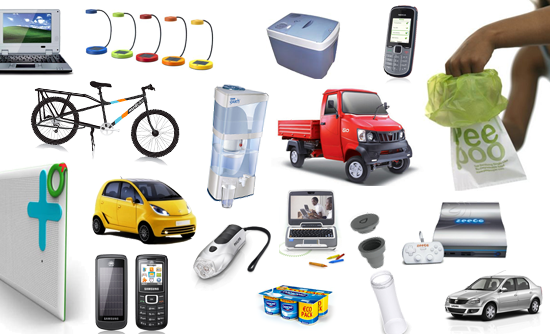
First published: February 2010
FUNCTIONALL | Captures the phenomenon of simple, small and/or cheap products and services designed for low(er)-income consumers in emerging markets, with cross-over appeal to consumers in mature consumer societies.
Goods and services especially designed for emerging markets often incorporate one or more of the following characteristics:
- Smaller and/or limited number of features, to keep prices low.
- Simpler, or easier to use, for inexperienced consumers.
- Energy efficient (or not using any traditional energies at all) and/or easy to repair and/or waste-reducing.
- Robust, as some of them are used in rugged conditions.
- Well-designed (the democratization of design is a global phenomenon).
- Aimed at helping owners to generate income, or allow users to create self-sustaining systems.
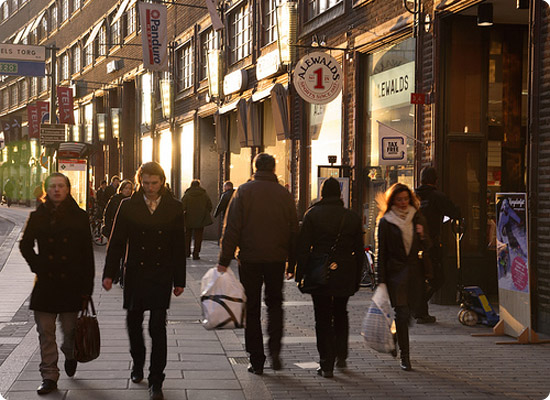
A few reasons why these products are of interest to consumers in more prosperous economies, too:
- Cheap | ‘Cheap’ is king, both because of the recession (reduced spending power), and because of the shift away from ‘bling’ towards frugality and practicality as new status symbols.
- Simplicity and convenience | Small/simple (and cheap!) also rules because of transient lifestyles (more experiences in smaller, affordable doses), and the continual need for more convenience and simplicity. Look for numerous FUNCTIONALL innovations to especially do well in prosperous metropolitan areas (URBANY!), where busy, transient lifestyles are the norm.
- Design | Aforementioned 'democratization of design' means even demanding, experienced consumers will be pleased with products from countries and brands previously not known for high quality and design standards.
- Sustainability | Anything using less or no traditional energy, or causing less waste, or boasting longer life expectancy, will go down well with eco-(status) conscious consumers.
Truly all
FUNCTIONALL is not only about all consumers, it’s also about all brands. Count on brands from established consumer societies and brands from emerging nations to come up with numerous FUNCTIONALL innovations. From Tata to Nokia.
![]()
Here's a selection of the many FUNCTIONALL spottings currently coming our way: some of them already popular around the world, others just waiting to make the cross-over from 'emerging' to 'all'.

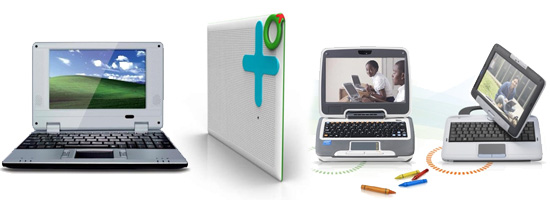
Computing
- The Classmate PC, designed by chip manufacturer Intel, is a low-cost netbook that is sold throughout the world, often rebranded and sold through local vendors. The third generation of the device was unveiled in June 2009, with the aim of meeting ongoing educational needs around the world.
- The Cherrypal Africa is a 7-inch mini laptop, designed for developing countries, that sells for USD 99. The company buys excess inventory and discounted components to keep the price down, which means that only minimum specifications are promised on the site.
- In December 2009, One Laptop per Child unveiled designs for the XO 3. The computer, which is basically a single sheet of flexible plastic, featuring touch screen technology, is due to be released in 2012. Costs should remain under USD 100, making it affordable for poor and rich consumers alike.
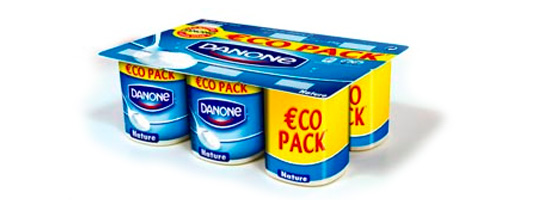
Food & Beverage
- Diary giant Danone‘s joint venture with Bangladesh's Grameen Bank, aims to provide nutritious dairy products to deprived populations within Bangladesh by building as many as 50 local micro plants by 2016. Danone's experiences in Bangladesh led to the 2008 launch in France of Ecopack, a low-cost yogurt line.
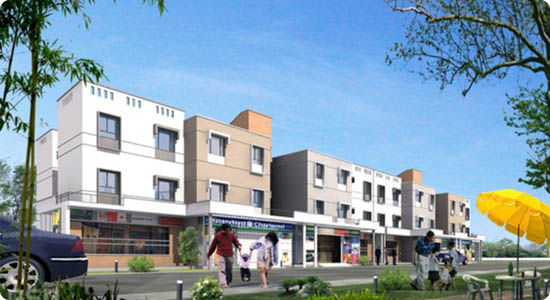
Real estate
- In April 2009, Tata Housing announced plans to build 1,300 small apartments outside Mumbai, selling them for as little as USD 7,800. The floor area of the miniature apartments will be between 218 and 373 square feet. When the scheme was opened to booking in Mumbai in May 2009, more than 7,000 customers queued to pay the initial booking fee.
One to watch if you're into micro-housing (or micro-lodging), not just in developing nations: think 'Single Nation', sustainability, insane real-estate prices, TRANSUMERS, the global love affair with travel, and so on. See also the below:
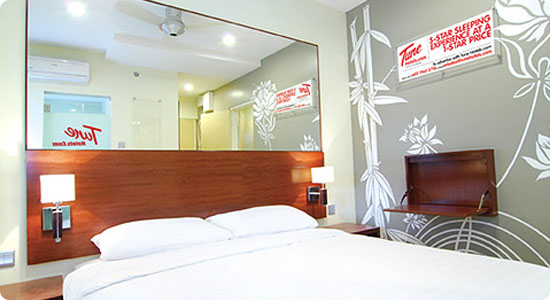
Hospitality
- The Indian Hotels Company has built 21 Ginger Hotels across India, with plans to build 50 more within the next three to four years. The hotels aim to provide basic convenience to travelers at very affordable rates, with rooms costing between Rs 1,000 and Rs 2,999.
- Tune Hotels keeps costs down by using a self-service online booking system, minimizing staff and employing a pay-as-you-use system for various amenities such as air-conditioning. The chain currently operates five hotels across Malaysia and Indonesia, but aims to expand to 150 hotels around the world by 2012.
- In Q2 of this year, Air Arabia plans to open a 300 room budget hotel at Sharjah International Airport. The hotel will cater to business travelers and individual guests passing through the UAE, offering amenities such as a gym, pool, wifi, and meeting rooms.
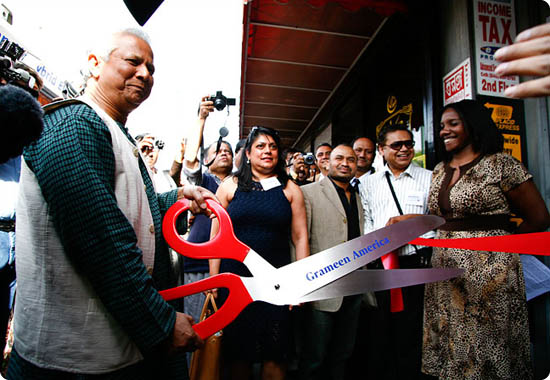
Microfinance
- The Grameen Foundation helps the world’s poorest (especially women) improve their lives and escape poverty through access to microfinance in 23 countries worldwide. Yet it also has a subsidiary in the United States, called Project Enterprise. Since 2008 Grameen has collected 1,700 borrowers in New York City, and last June (2009) it opened a second branch in Omaha, Nebraska. (Source: Time Magazine)
- A similar initiative, online micro-lending platform Kiva, has also expanded operations into the 'developed' world: it has partnered with ACCION USA, a microfinance institution lending in 48 states across the US, and Opportunity Fund, a community development financial institution based in San Jose, CA.
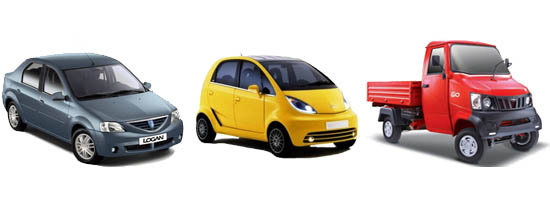
Automotive
- The Logan range, a series of low-cost cars produced by Renault's Dacia subsidiary in Romania, has been outpacing overall car sales in key European markets by appealing to budget-conscious consumers. The range was initially designed for emerging markets, using simple parts to keep maintenance costs down, but it has found success amid consumers' economic concerns in Western Europe.
- After the much-hyped introduction of the Tata Nano in India (a small, beyond-affordable car for the 'masses'), all eyes are now on the Tata Nano Europa. Tata plans to offer the Nano Europa starting in 2011, and around 2013 in the US. It's likely to cost around EUR8,000 / USD8,000.
- Meanwhile, Renault-Nissan has claimed that its partnership with Bajaj Auto will result in the ULC model by 2012, at a cost that will be 'lower than any car today made in India' according to CEO Carlos Ghosn.
- In late 2009, Indian tractor manufacturer Mahindra and Mahindra launched a compact 4-wheel delivery vehicle designed for city center use. The GiO is designed to command more respect on the road than traditional 3-wheel delivery vehicles, while still offering the manoeuvrability necessary to move through inner city streets. One to succeed outside India, too?
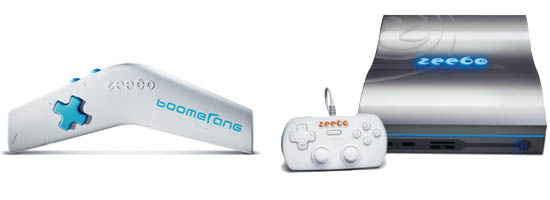
Gaming
- Zeebo is a low cost games console targeted at consumers in developing markets. Games are downloaded via a 3G wireless connection, and the console uses only 1 watt of power. Zeebo began retailing in Brazil and Mexico in 2009 at approximately USD 200. The console is scheduled for release in India this year, and in China by 2011.

Domestic appliances
- Scheduled for launch next month (March 2010), Indian Godrej has announced the world's lowest-cost refrigerator, the Chotukool. Weighing 7.8kg, the refrigerator uses a cooling chip and fan alongside high-end insulation, meaning that the appliance uses half the power of a conventional device and can also be run from a battery. At a price of USD 69, the Chotukool also costs around 35% less than the cheapest refrigerators currently available.
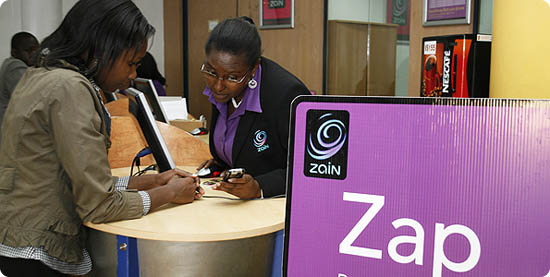
Phones/payments
- Nokia Money is a new mobile financial service enabling consumers to send money to another person just by using the person's mobile phone number, as well as to pay merchants for goods and services, pay their utility bills, or recharge their prepaid SIM cards. Nokia is building a wide network of Nokia Money agents, where consumers can deposit money, or withdraw cash from their accounts. The service is planned to be rolled out gradually to selected markets, beginning in early 2010. Also keep an eye on SmartMoney, in the Philippines, and Safaricom M-PESA, Zain Zap, and MTN Mobile Money in Africa.
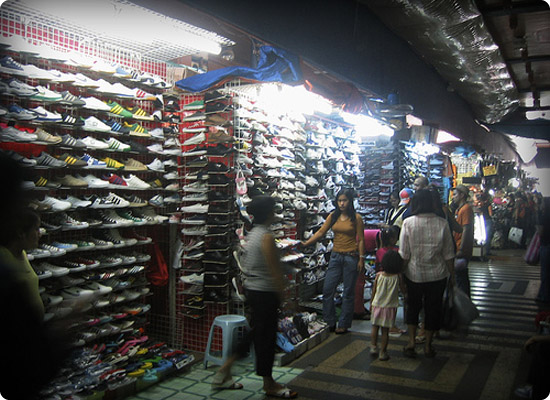
Footwear
- Adidas has announced plans to produce 1 euro trainers for millions of consumers who would otherwise be unable to afford shoes. Pilot production is planned to begin this year in Bangladesh, with the final design yet to be confirmed.
Never miss a Trend Briefing again
Keep an eye out for products that help consumers in emerging nations first and foremost save money on utilities, while offering consumers in mature consumer societies a chance to lead more sustainable lives. It’s a curious marriage between poverty and ‘meaningful living’ that nevertheless delivers the goods.
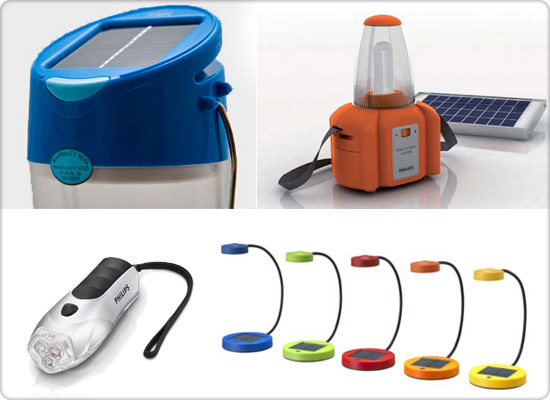
- With the goal of replacing dim-lighting kerosene lamps, the Kiran solar lantern provides up to eight hours of bright light after a day's solar charge. Both durable and weather-resistant, the Kiran lantern is designed based on research in rural India. It is available for 10 USD and affordable to those on low income levels.
- In June 2009, Swedish furniture and lifestyle brand IKEA launched a functional lamp called the SUNNAN, which uses solar cells to transform sunlight into electrical energy. The product retails for USD 19.99, and for every unit sold in IKEA stores worldwide, another one is donated to UNICEF to give to children without electricity in refugee camps and villages in remote areas.
- Philips has developed a range of lighting solutions aimed at consumers without access to electricity. The Uday mini solar lantern provides 4-5 hours of bright white light from a full solar charge and the Dynamo Multi LED is a flashlight which offers 17 minutes of light from two minutes of winding by hand.
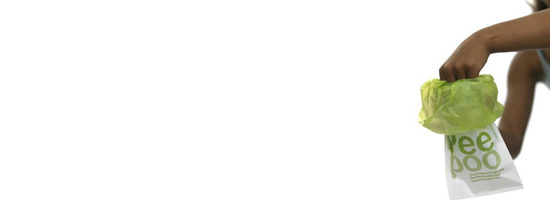
- Swedish Peepoople has developed the Peepoo bag, a portable low-cost latrine designed to help meet the UN Millennium Development Goals on sanitation. The bags are safe for burial underground, and within 2-4 weeks their contents are converted into fertilizer. Following trials in Kenya and Bangladesh in 2009, the bags are scheduled for wider distribution in 2010.
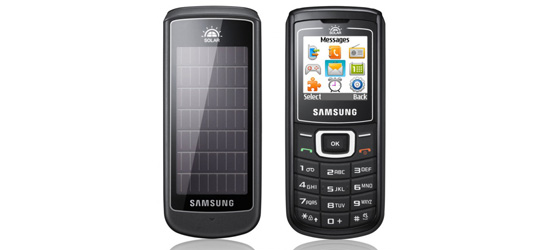
Mobile phones
- In June of last year, Samsung India launched the Solar Guru, which offers 5-10 minutes of talk time for every hour of solar charging. While the USD 59 phone was designed for developing nations with unstable power supplies, it was given a wide release in Asia, Europe and Latin America.

- Timbuk2, the messenger bag company, has designed a bag in collaboration with Pop!Tech and Portable Light, featuring photo-voltaic panels for capturing solar energy, an internal USB charger for electrical gadgets and a flashlight for night-time vision. The FLAP bag is designed for use particularly in developing nations where portable light is rare and expensive, but will no doubt appeal to eco-conscious consumers around the world.

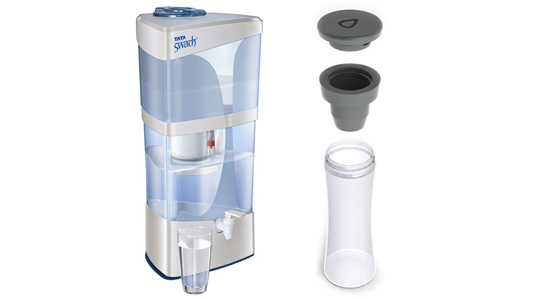
Purifiers
Expect purifiers to play a big role in the fight against polluted water and against bottled water, in both emerging and mature markets:
- In December 2009, Tata announced the release of the Swach, a water filter and purifier that produces clean drinking water through the use of common ash. The portable purifier doesn't require running water or electricity, making it particularly useful for those on low incomes and in rural parts of the world.
- The Pureit is a battery-powered portable water-purification system developed by Hindustan Unilever. The system, which costs USD 43 is sold through a network of 45,000 women who demonstrate the product in their homes and sell it in their local villages.
- The Waterward is a solar water purifier that has been developed over 12 years to use the sun's rays to purify contaminated water. A single panel can provide 2-4 litres of drinking water each day, and larger arrays are available for commercial or community needs.
- Launched in the US in 2009, the Hydros Bottle is a refillable water bottle that filters water as it is consumed. The 700 ml bottle features an integrated filter to purify water for those either in the developing world or those where tap water is particularly high in heavy metals and toxins such as arsenic, particulate chlorine and cadmium. Each bottle and its first filter costs 25 USD, replacement filters cost 6 USD and last up to three months.
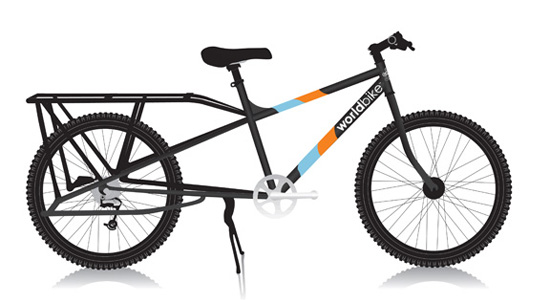
Cycling
- Worldbike designs and distributes low-cost bicycles, built to withstand large loads, rough terrain and inclement weather. They're configured to be not only affordable, but also maintained and repaired locally. Through partnership with international and local agencies, private companies, foundations and NGOs, Worldbike helps arrange microcredit financing for bike purchases and supplement sales with support from funders and private donors. However, as the company recently tweeted, "The same cargo bike we deliver to rural Africa also turns heads on the streets of Seattle, so the 2010 CARGO BIKE for the US market is being configured as we tweet."
![]()

EXCEPTIONALL: Chinese MAD Architects’ 1,250-foot-high Urban Forest proposal.
So... What about kick-ass brands, designers, architects and gurus from emerging nations coming up with world-class innovations for moneyed consumers everywhere? We’ll dedicate a future Trend Briefing to that, tentatively named ‘EXCEPTIONALL’. Please stay tuned.

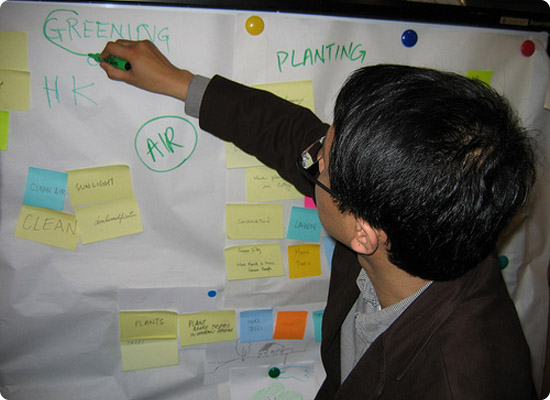
Time to stock up on post-its ;-)
FUNCTIONALL is obviously closely tied to one of the biggest macro trends of our time (that would be globalization), and as a hands-on sub-trend, it provides you with a great starting point for innovation. The kind of innovation that is inspiring, bringing in money, and about positive change. Who could ask for more? ;-)
So learn from those brands already making the most of the convergence of functional, pragmatic needs and wants of consumers around the globe, and then run with it. Yes, this one is all yours.